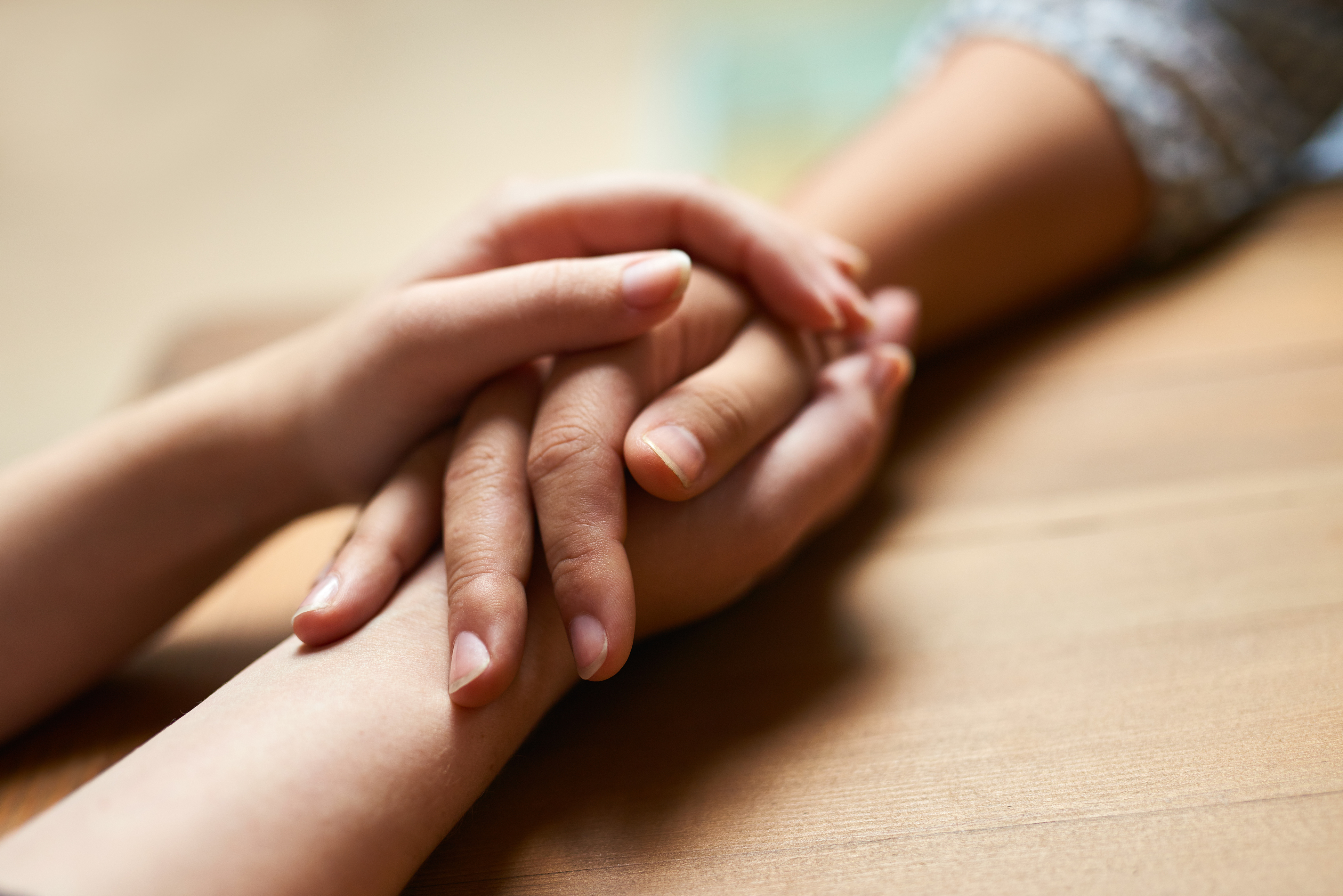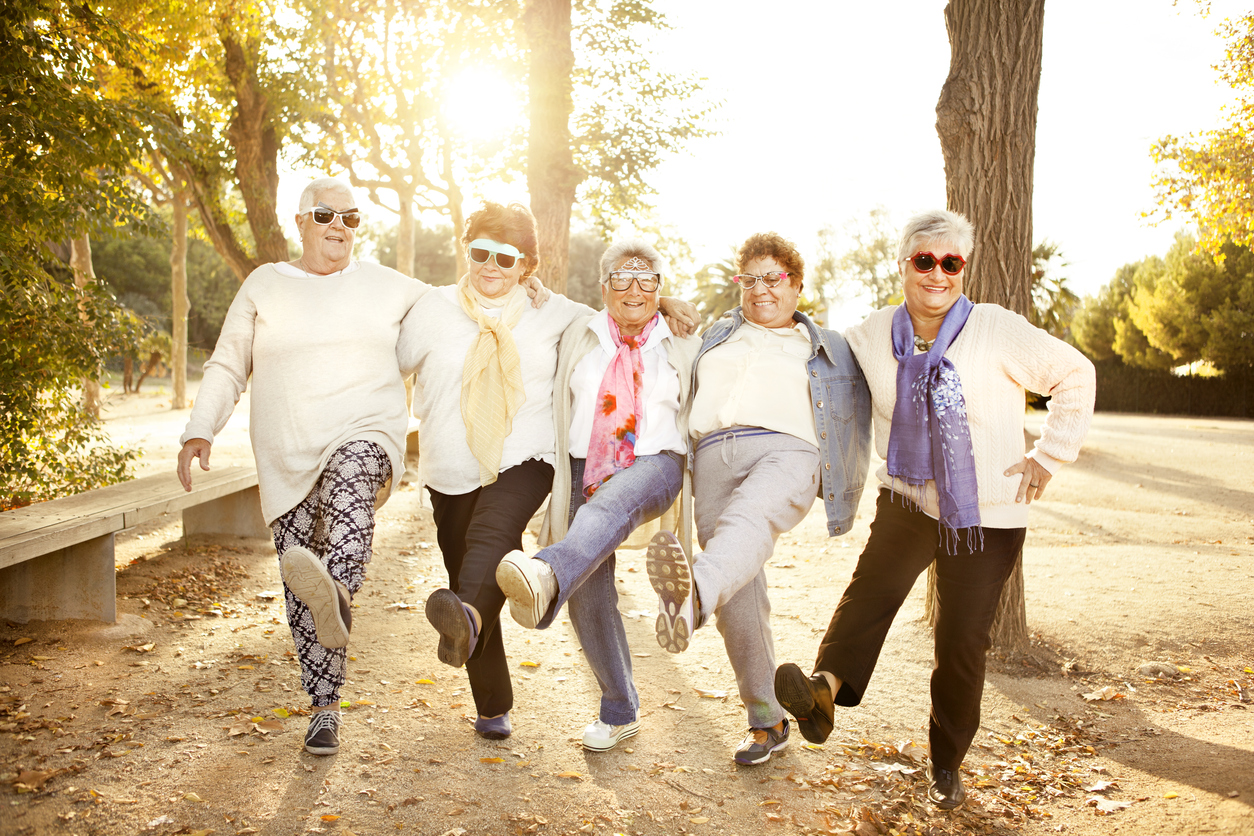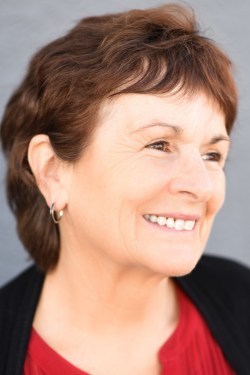My darlings, please enjoy this wonderful article by Paula Marie Usrey. Paula founded Boomer Best U to promote positive aging and to fight age discrimination. Her next article for us is all about how we can live our best lives, now and in the future! Enjoy.

Think about it for a moment: there is a decent probability that many of us will live into our nineties. If we are currently married, many of us will eventually become widowed. If we are divorced, a number of us will stay divorced. Some of us will remain single.
In the coming decades, our lives will change in ways that our mothers could not have imagined. In essence, we are pioneers of a new longevity era. As we forge ahead, we will all need the kind of emotional support, ‘reality therapy,’ and positive engagement some of our women friends can offer.
Emotional Support
Julia Wood, the author of Gendered Lives: Communication, Gender & Culture (2015), suggests women cultivate supportive communication. When facing life’s challenges, our girlfriends can provide much-needed support. We want to know someone understands what we are experiencing. Even though at times we may simply want to vent for a while and not ask for their advice.
For example, if I told my husband that I thought I was experiencing age discrimination at work, he would say something like, “I wouldn’t put up with that; here’s what you need to do.” However, if I told a woman friend who tended to use a supportive style of communication, she’d say something like, “Wow, that’s awful. That happened to me once too. I even talked to someone in the HR department about it. Have you talked to anyone?” My supportive friend would likely also use an empathetic tone of voice, and she would look at me while talking. Sometimes I want to vent or feel understood before moving to a solution. As a woman, sometimes, just being able to talk things out resolves a lot of problems.

Reality Therapy
When I look in the mirror each morning, I still expect to see a younger woman looking back at me rather than the sixty-seven-year-old woman I’ve become. And now, thanks to advertising, I know that if I sneeze too hard, I could experience unexpected leaks and may eventually need adult diapers.
As our bodies start to age, we are going to experience some changes. Research suggests that after menopause, facial aging accelerates for women.
Because we live in a culture that tends to value women for their youthful looks, accepting our new, older image can be painful. The good news is that we are not alone. When we belong to a community of other mature women, we can help each other not only accept but relish our new status as older women.
Thinking Through Important Decisions With Friends
A couple of years ago, I considered plastic surgery because I was still working and felt like I had become invisible. Before seeking plastic surgery, I even tried using duct tape on the back of my neck to tighten my face before videotaping myself for a work project. But, as soon as I started talking, the tape popped off. I told a younger friend about my desperate attempts to turn the clock back on aging. After we both had a good laugh, she said, “Why in the world would you want to look like someone else”?
When walking with another girlfriend, she told me that her doctor had given her a prescription for an overactive bladder. As only women can do, we talked about the changes we were experiencing our bodies. Then ended up talking about Kegel exercises—those recommended ‘squeeze your pee’ exercises (suggested for both pre and postmenopausal women) that can decrease the likelihood of eventually needing adult diapers for fear of embarrassing leaks.

Positive Engagement and Cultivating New Friendships
Maintaining positive relationships is associated with lower stress and overall health. I try to cultivate friendships with people who are positive and reciprocal with our relationships. Also, I vent with some of my friends, and they do with me, but then we move on and talk about things we share in common. I listen to my friends, offer support or make suggestions when invited, and enjoy the same in return. The women I consider to be my close friends are also ones who can be themselves around me, and I can be myself around them. The one thing I have in common with nearly all of my friends is that we can laugh together and laugh at ourselves.
A couple of my friendships are intimate—I can share just about anything with those women (including the story about duct-taping my neck). One or two of my friendships are more casual; these are the friends who walk or hike with me on occasion.
Built-In Community
When I was still teaching, I had a built-in community of colleagues and friends. Before I left my full-time career last year, I realized that some of the relationships I had enjoyed would change. Recognizing how crucial women friendships can be in our lives, I worked on cultivating some new relationships before ‘retiring.’
For outgoing personalities, picking up new friendships can be as easy as joining a group, club, or volunteer organization. As an introvert (like up to 40% of the general population), I am not shy but can get overstimulated when around big groups of people. When I get over-stimulated, I need some quiet time to recharge my batteries. Instead of joining different groups, I prefer quiet activities I can enjoy with other people. For example, I like to do quick painting with Bob Ross’s The Joy of Painting videos that I watch on YouTube. I’ve invited women to join me for art, wine, and lots of laughs as we attempt to slap paint on our canvases.
No matter how we choose to cultivate and maintain friendships with other women, these relationships will become increasingly more critical as we face the many changes that the coming decades will bring. Here’s to our friendships: Cheers!
Do you prioritize friendships with other women? Let us know in the comments!
About Paula
 Paula Marie Usrey founded Boomer Best U to help promote positive aging and fight age discrimination. She has also given a TEDx presentation on how to live your best life at any age. Paula recently retired as an Associate Professor of Communication from Umpqua Community College.
Paula Marie Usrey founded Boomer Best U to help promote positive aging and fight age discrimination. She has also given a TEDx presentation on how to live your best life at any age. Paula recently retired as an Associate Professor of Communication from Umpqua Community College.
Thanks for sharing this!
Thank you for reading it, Rosie.